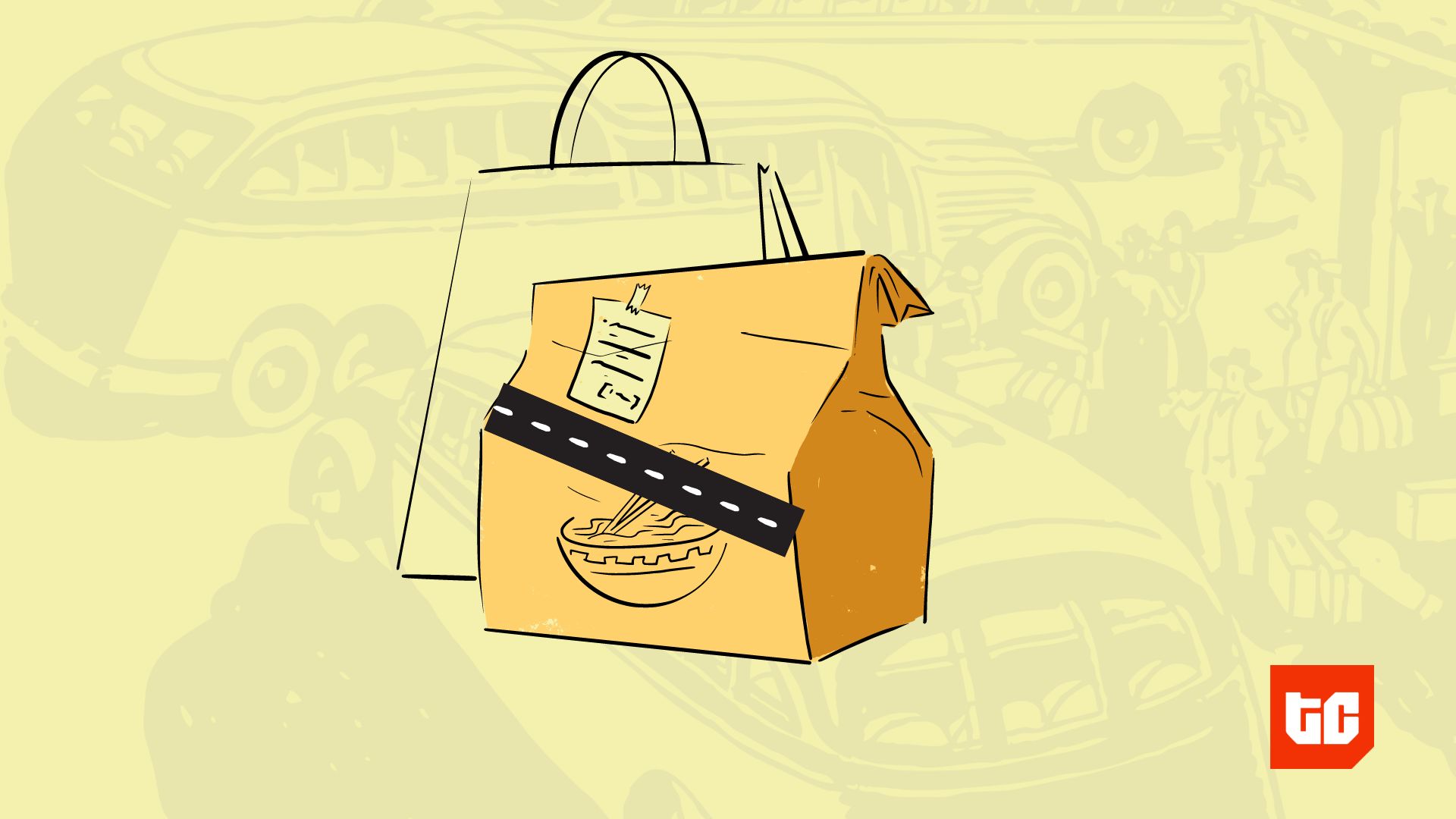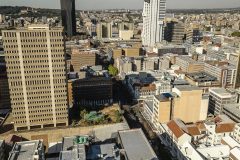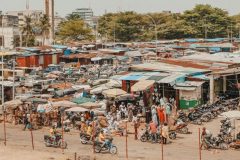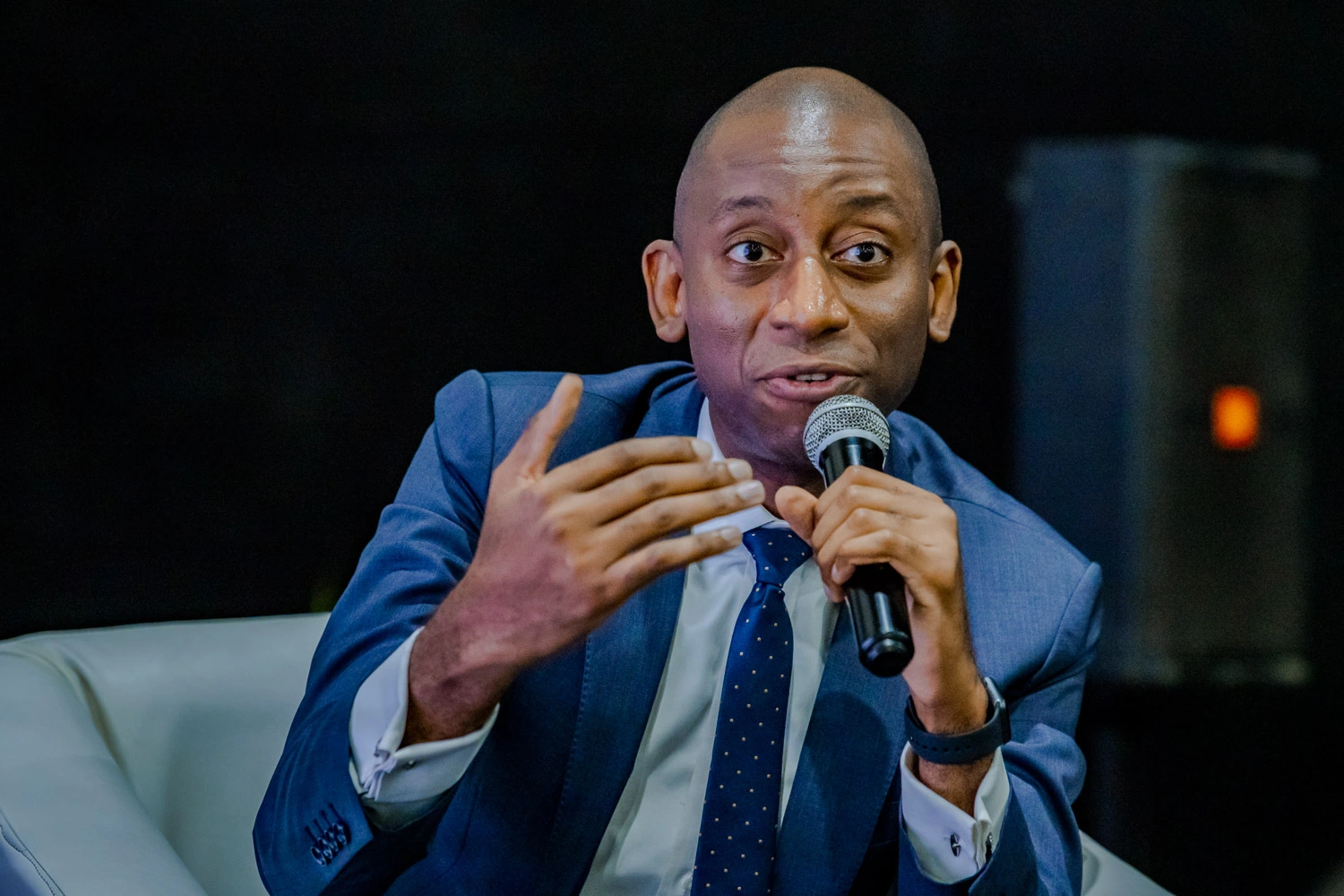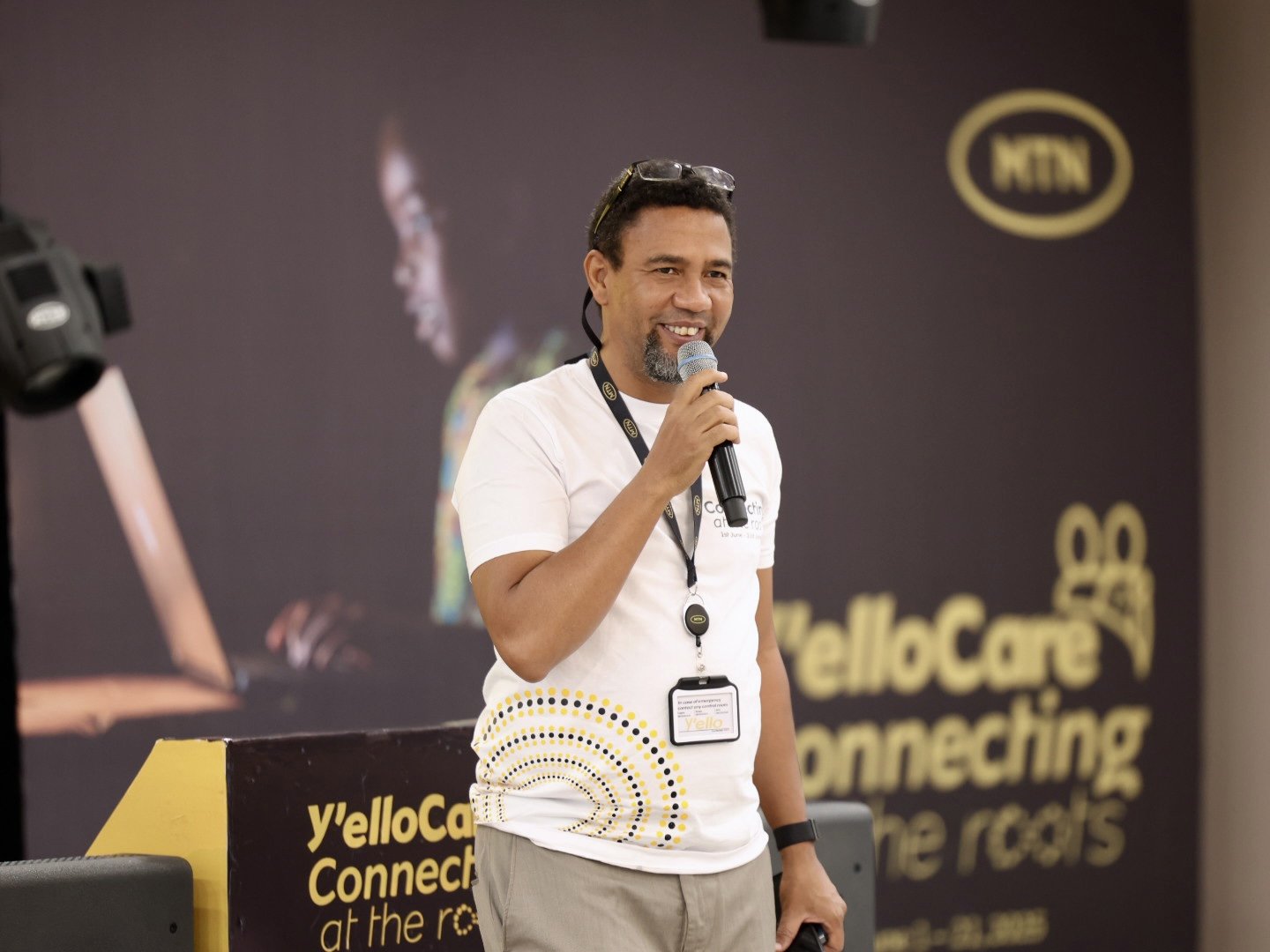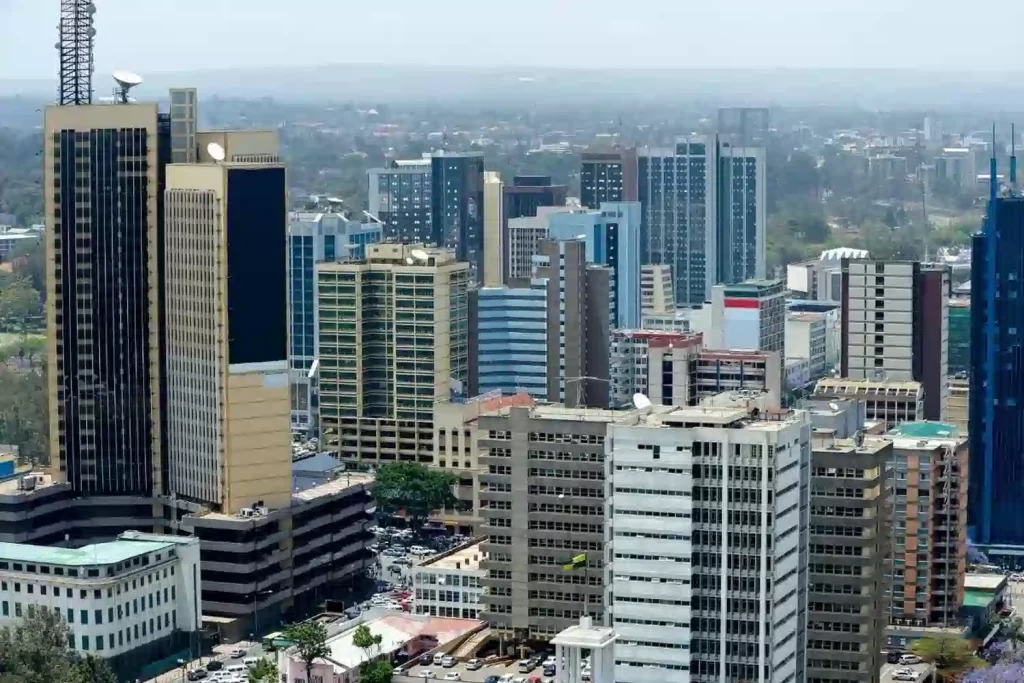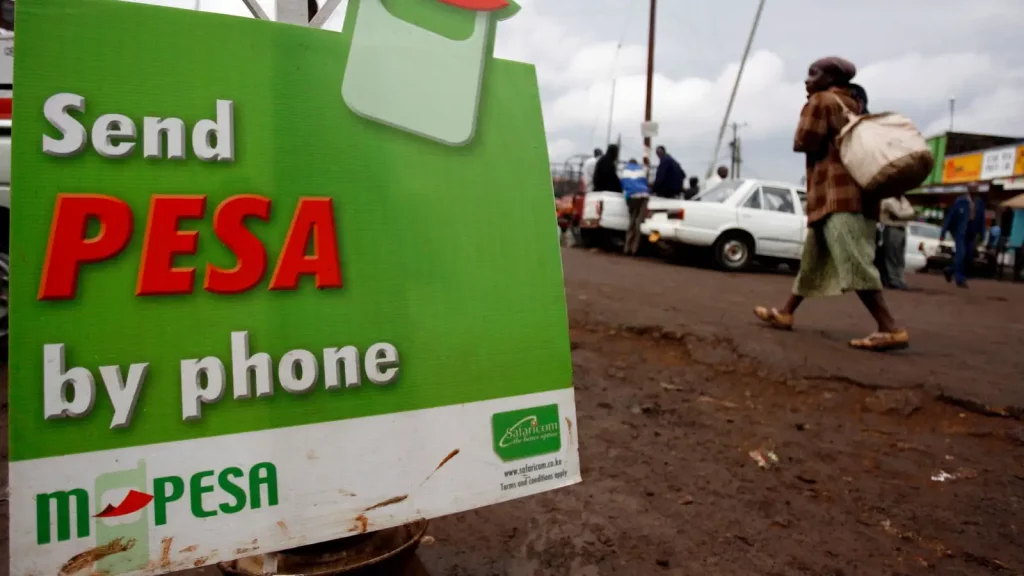This article was contributed to TechCabal by Uche Aniche, co-founder of SSE Angel Network.
In this post, I tried to predict the potential winners of Nigeria’s emerging food logistics space. I also lightly broached the conversation around Nigeria’s correct market sizing.
Recently, Bolt, the Estonian ride-hailing company, announced it would be shutting down their food delivery operations in Nigeria. Some ecosystem leaders felt they were displaced by Chowdeck—a YC-backed startup in the space—founded by Femi Aluko a Paystack alumnus. I, on the other hand, thought it was the result of Nigeria’s recent economic challenges. Nigeria is currently grappling with the twin issues of acute currency depreciation and rising inflation. The ride-hailing space (where Bolt leads and mostly uses petrol-powered cars) has taken a big hit in the wake of the subsidy removal policy, which has led to high pump prices.
Most of the food delivery services use petrol-powered motorbikes and bicycles. Glovo, Gokada (founded by the late Fahim Saleh) ACE Logistics and of course Chowdeck to mention just a few.
I became aware of Chowdeck just before #StartupSouth8 (our annual conference) because they announced the launch of their operations in Port Harcourt on X (formerly Twitter). Subsequently, I started seeing their riders around the city and became interested in learning more about the company. I saw and read a series of Medium posts by Femi Aluko, the company’s founder. I found the thoughts interesting and even teased him on X. On my recent trip to Lagos for Zoholics (where we held a press conference to announce our community’s partnership with Zoho for Startups), I wanted something different from hotel food and it was a perfect opportunity to try Chowdeck’s service. I shared my experience in a post on X if you’d like to know how it was.
Meanwhile, I only learned about Glovo when Uche Anisiuba—a friend, an amazing animation entrepreneur, and a lecturer at the Pan Atlantic University—spoke so glowingly about them. I was surprised that there was another leader in that space. Surprisingly, on the other hand, he didn’t know Chowdeck, although he recalls seeing them and even had a faint idea of what their logo looks like.
Then, on my way to the airport in Lagos, I was stunned by what I observed; I saw Glovo’s presence everywhere I turned. From Ikoyi to Anthony, from bikers going to deliver an order to riders fixing their bikes. Billboards also weren’t left out—many had 25% off meals from Chicken Republic screaming at you. I probably saw only two or three Chowdeck bikers on that route. Perhaps it’s particularly not their zone; but maybe it doesn’t matter, because Chowdeck got one more order and a customer who would probably continue to use it in Port Harcourt when necessary.
The limits of myopic market sizing
The airport in Port Harcourt is probably the third busiest airport in the country after Lagos and Abuja for obvious reasons. The airport is an international airport and Port Harcourt, aside from being the home of the hydrocarbon industry, could arguably be referred to as the capital of the South-South region. According to the Nigeria Bureau of Statistics, the top five airports in Nigeria in terms of the volume of passengers who passed through in the first half of 2018 were Lagos, Abuja, Port Harcourt, Kano, and Owerri. These five airports served over 89.39% of total passengers (6,707,195) in the first two quarters of 2018. Port Harcourt and Owerri combined served 10.6% of passengers. Additionally, Port Harcourt was the second-largest cargo destination in Nigeria in the same period.
About ten (conservatively) different flights come into Port Harcourt daily from Lagos. If they conveyed an average of thirty passengers, this will translate to roughly 9,000 people who are possibly exposed to Glovo that won’t be able to use them in Port Harcourt and Ibadan (one of the other cities Chowdeck operates in).
This is possibly why Uber lost its leadership position in Nigeria to Bolt. I remember the response I got in 2016 for asking Ebi Atawadi, then General Manager, West Africa at Uber, why she wasn’t looking to expand aggressively to other regions. It made me pray and search for another ride-hailing service to dethrone them.
In 2018, Bolt launched in Owerri and then Port Harcourt following up with other cities like Enugu, Uyo, and Benin. Interestingly, I became the very first passenger to ride a Taxify (as they were called then) in Owerri. My visit in preparation for #StartupSouth4 coincided with their launch. I remember being called by the team to appreciate me for being their first rider only to run into the launch team at HotFM shortly before they left for Darling FM. They went on to partner with us for the conference that year.
Bolt would go on to become a market leader in Nigeria ahead of Uber under the leadership of Uche Okafor— the famous Uche from Bolt.
This experience and the story highlight the gross underestimation of the Nigerian market over what I believe is the limited understanding of our returnee founders and their foreign investors.
I don’t see startups in the US dominating San Francisco/California claiming they have conquered the country and set eyes on international expansion. This is what’s currently happening in Africa, especially in Nigeria—the biggest economy with a population of over 200 million people. False equivalence, perhaps, especially when comparing GDPs but at least the full value of the market should be extracted in order to correct the warped narrative of the African market. I also don’t want to start the conversation of investors backing products that look like what they’re used to in their country forgetting Africa has fundamental challenges that spell opportunities and yet complain when their fantasies don’t pan out.
This is why we started Rebel Seed Capital—to back African founders building high-growth ventures in today’s secondary cities. We believe more of Africa’s future unicorns will come from those places for a lot of reasons. But for now, we want to be the first VC firm to support these underserved visionaries and future economic titans.
While Glovo will probably continue to dominate Lagos, I and perhaps thousands of others like me who live outside Lagos but frequently visit, will vote with our pockets for Chowdeck. And if history is a good judge, your guess is as good as mine as to who would likely win.
Uche is the Convener of #StartupSouth—a Startup Ecosystem development and advocacy organisation and a community of founders building high-scale ventures in Nigeria’s South-South and South-East regions. He’s the co-founder of SSE Angel Network and currently the Co-founder and General Partner at Rebel Seed Capital— Africa’s secondary cities-focused Venture Capital firm.









